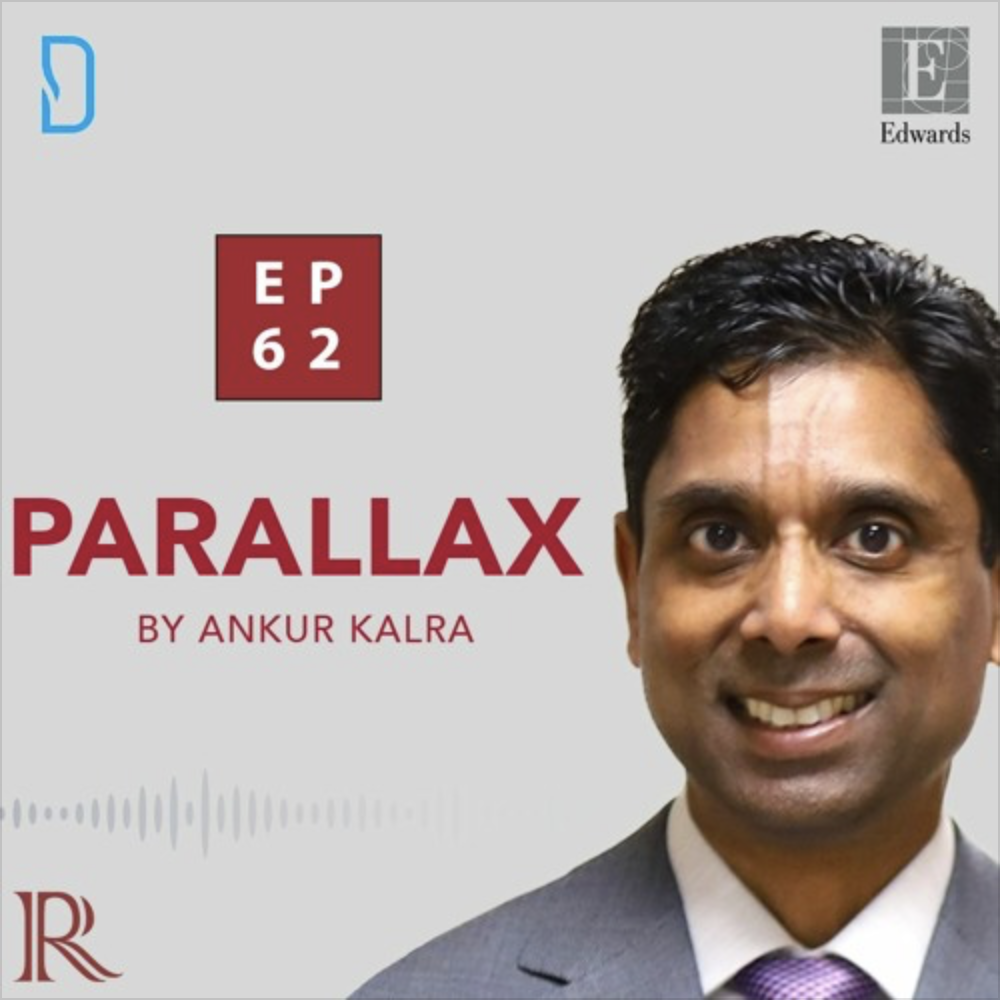
"There is a high global prevalence of hostile work environment in cardiology, including discrimination, emotional harassment, and sexual harassment.” Sharma G. et al. JACC 2021.
Dr Naidu was at the beginning of his career when, having experienced micro-aggression, his chairman shared an insight that still shapes the way he thinks about addressing professional jealousy and bullying: “Don’t let people bring you down, you just keep working and lift them up.”
In this week's Parallax, Dr Ankur Kalra is joined by Dr Srihari S Naidu, Director of Cath Labs and Hypertrophic Cardiomyopathy Center at the Westchester Medical Center and President Elect of NY ACC, for an honest conversation on a challenging topic within the cardiology community.
Cardiology, a highly competitive field, still generates the sense that power is equal to strength. In this insightful and practical episode, Hari revisits his own experiences both as a leader and as a trainee, navigating complex situations. What can you do as a target when being bullied? How can hostile environment, cliques be best addressed? Ankur asks what skills are needed to help mitigate the emotional impact of intimidation. Hari elaborates on what it means to belong to a team, and how can leaders at a local level work for an inclusive community, a better cardiology for all.
Questions and comments can be sent to “podcast@radciffe-group.com” and may be answered by Ankur in the next episode. Guest @SrihariNaiduMD, hosted by @AnkurKalraMD. Produced by @RadcliffeCARDIO.

Brought to you by Edwards: www.edwardstavr.com
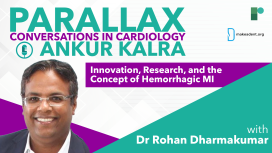
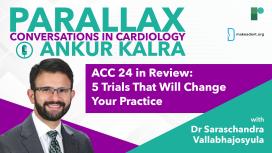
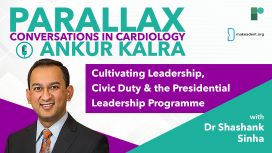
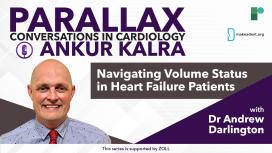
Together, Dr Kalra and Dr Darlington delve into the significance of assessing volume status in patients with heart failure, highlighting its continued relevance in 2024, including the availability of new diagnostic tools, including the Heart Failure Management System (HFMS).
This series is supported by ZOLL and is intended for Health Care Professionals.
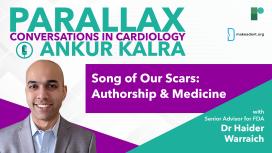
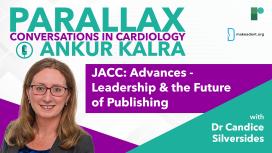
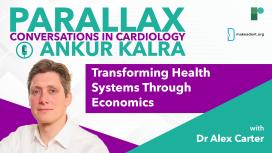
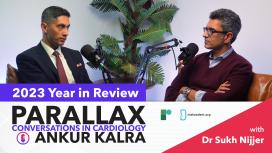
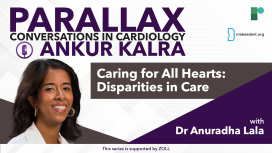
This series is supported by ZOLL and is intended for Health Care Professionals.
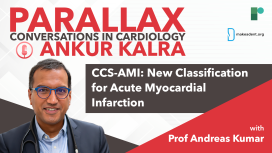
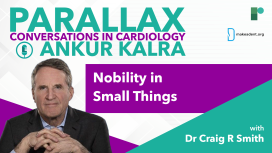



Tune in to discover the strategies that Dr. Kalra and Dr. Alasnag are currently employing and gain insights into how these data will shape their future decision-making in the catheterization laboratory. Don't miss this informative discussion at the forefront of interventional cardiology.

As we adapt to the changes brought about by the pandemic, Dr Singh outlines the necessary steps to foster a reality in which we can utilize these technologies to create more time for human connection.

Dr Owens is Medical Director of the Center for Inherited Cardiac Disease and Associate Professor of Medicine at the Hospital of the University of Pennsylvania.
This series is supported by an unrestricted educational grant from Bristol Myers Squibb. Please see www.camzyosrems.com for important safety information.
This content is intended for US-based physicians.





